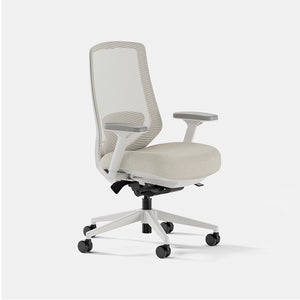Truly understanding what motivates you and your team can make all the difference in creating a culture of inspired doing and exceptional results. As teams begin to re-enter the office, here are the best ways to ensure everyone feels valued and encouraged to do their best.
Positive Reinforcement
Demonstrate the Work’s Utility
Be Flexible
Set Clear, Attainable Goals
Foster Healthy Habits
Encourage Breaks
Make Room for Fun
Cultivate an Ideal Physical Environment
On new furniture, exclusive sales and more.














